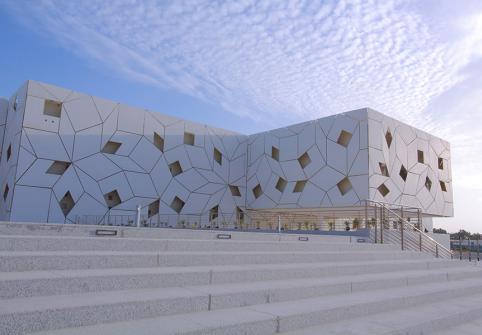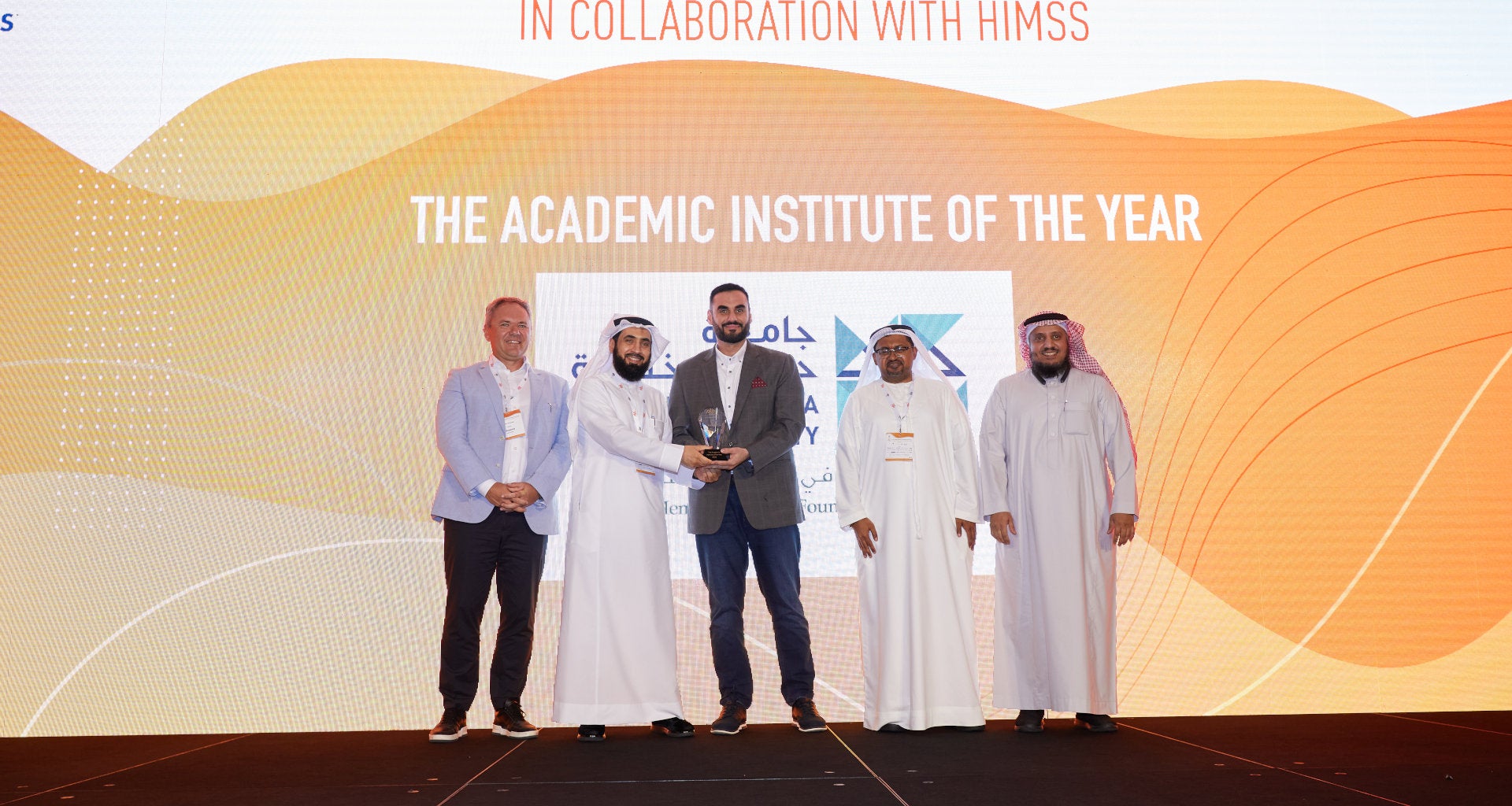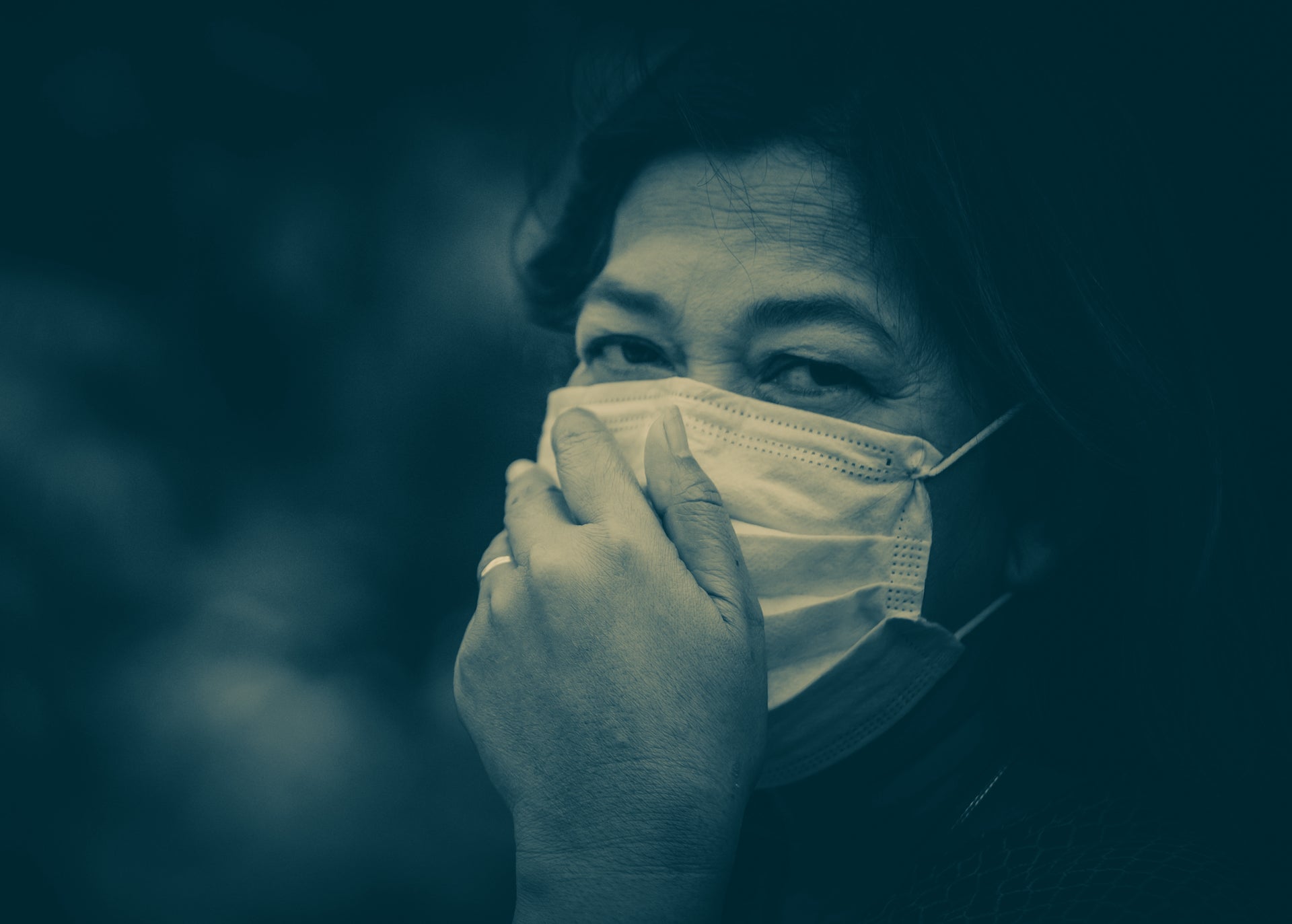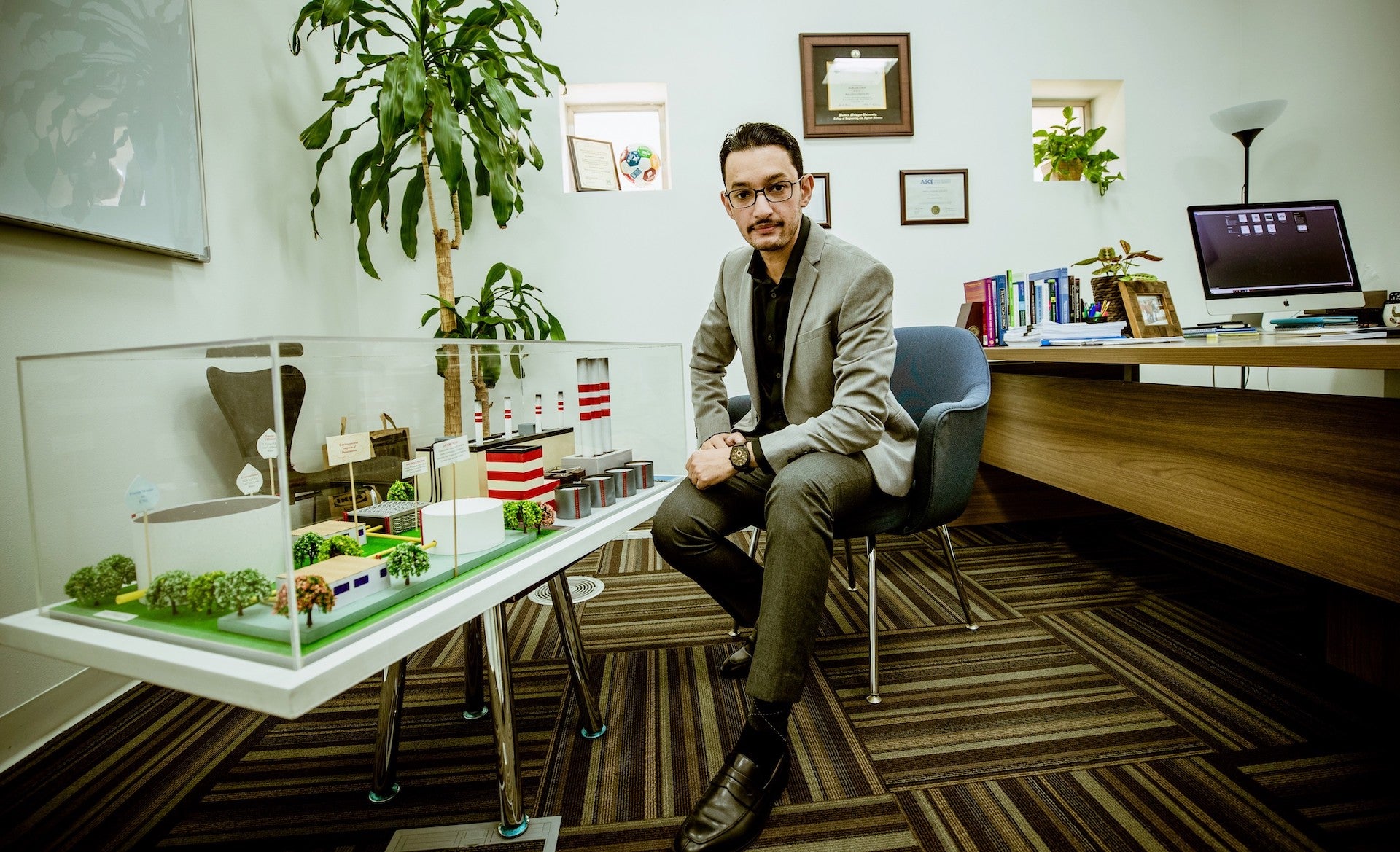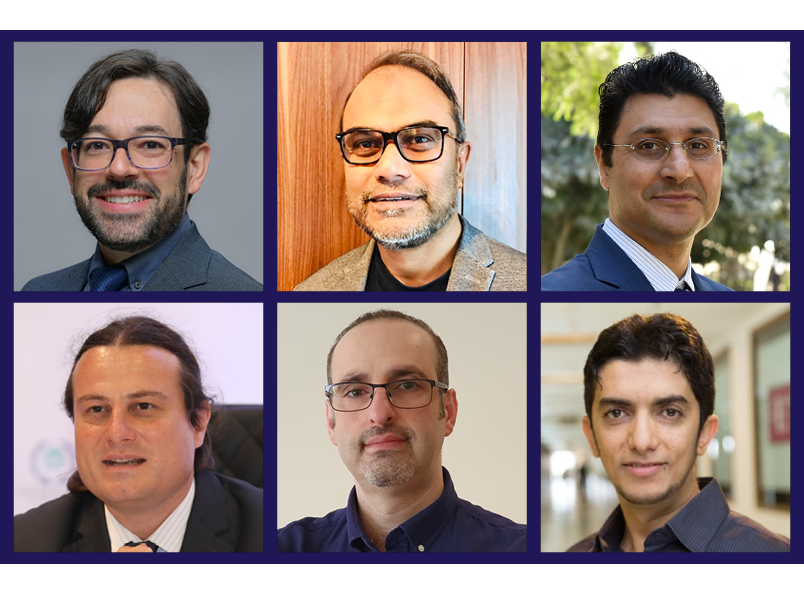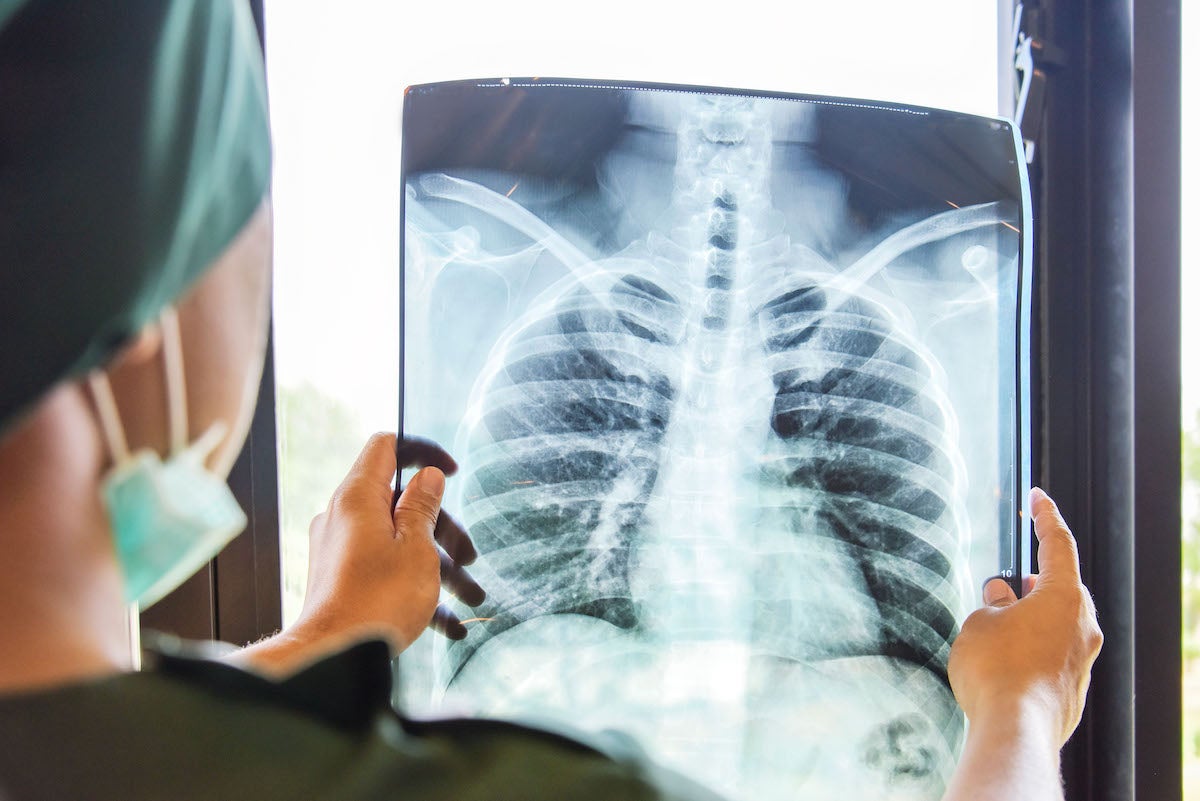CSE demonstrates its innovation-led efforts to support learning needs of autistic children
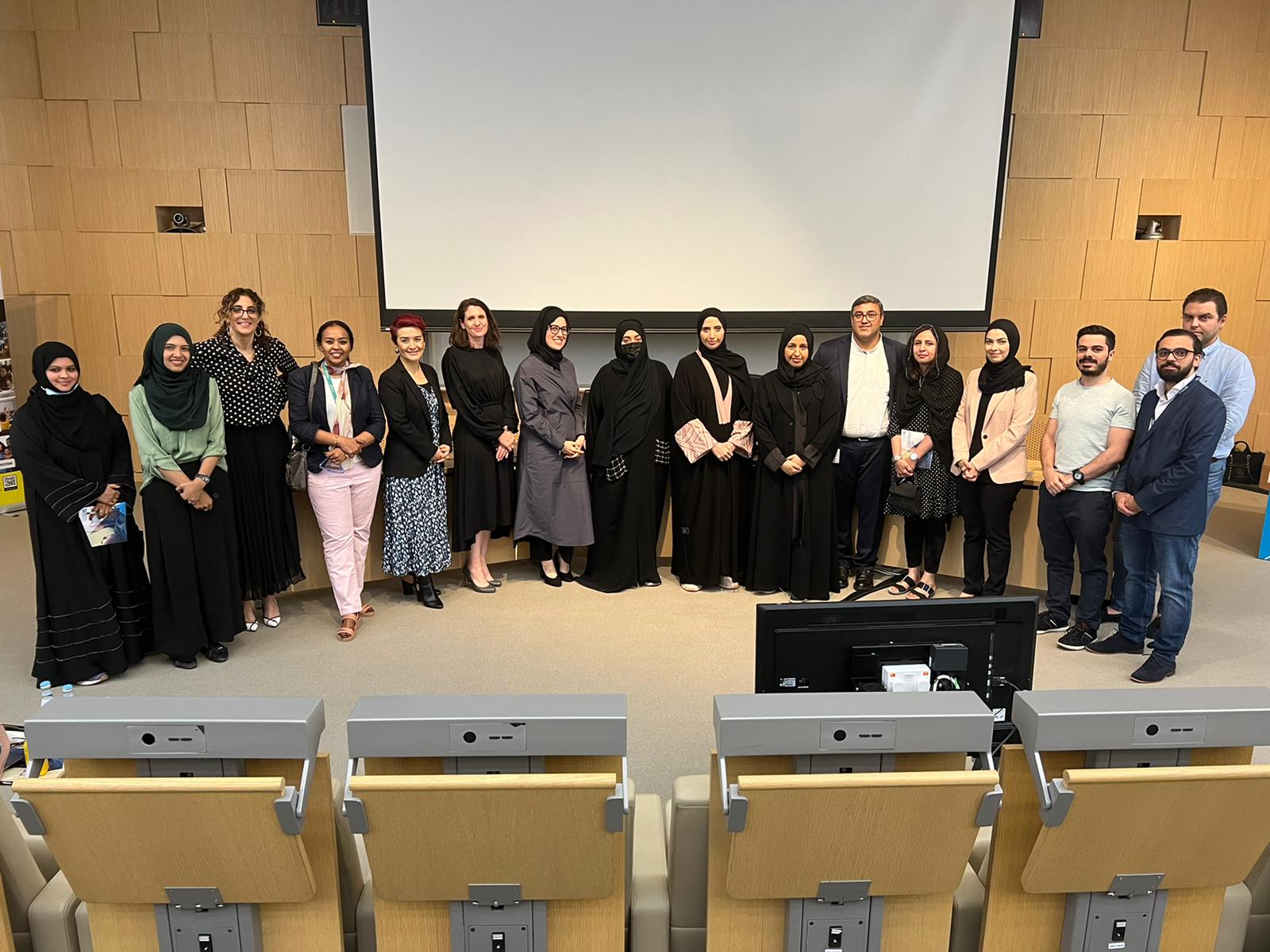
The College of Science and Engineering (CSE) at Hamad Bin Khalifa University (HBKU), in collaboration with Sensory Souk, Qatar’s first specialist provider of educational, professional therapy, and developmental products, presented a forum titled “The Impact of Technology Research in Supporting Children on the Autism Spectrum and Their Families” on May 24.
The event highlighted the future of modern-day technological interventions such as artificial intelligence, augmented reality, and virtual reality that are effective in supporting learning for children with autism spectrum disorder (ASD). CSE’s research team explored the latest trends in education technology and showcased how they are applying engineering tools in their research on the neurodevelopmental disorder.
Dr. Dena Al-Thani, Assistant Professor and Director of Interdisciplinary Programs, CSE, and a member of the World Health Organization’s Technical Advisory Group on Assistive Technology, presented a talk titled “Autism, Education and Technology”. Dr. Marwa Qaraqe, Assistant Professor, spoke on “Technology Research Impact”. Their presentations considered how technology interventions can help teachers and caregivers identify when to give attentional support to children with ASD during learning tasks.
CSE has several active research projects in this area, and Dr. Bilikis Banire, Postdoctoral Researcher at CSE, presented an overview of their aims and expected outcomes. The first, the attention assessment project, uses a unique combination of facial expressions and eye-tracking to gauge the attention span of children with ASD in a non-intrusive manner. A second is an augmented reality learning app, MARVoc, designed to support vocabulary learning for autistic children. A third involves multisensory tangible technologies for inclusive collaborative play between children with ASD and their neurotypical peers, with the aims of supporting their educational and social participation.
Her presentation was followed by a live research demo of an ongoing project, led by Mohamad Hassan Fadi Hijab and Abdul Malek Munzer Naes, both PhD students in computer science and engineering at CSE.
A panel discussion titled “First-Hand Experiences on the Impact of Technology on Supporting Children on the Autism Spectrum and their Families”, was moderated by Alison Saraf and Raana Smith, Co-Founders of Sensory Souk. Panelists included Dr. Noof Al Siddiqi, Senior Consultant Dermatology, Health Lead for the National Autism Plan, Ministry of Public Health, Dr. Alia Satti, Attending Physician in Developmental Pediatrics, Sidra Medicine, Dr. Bilal Mansour, Associate Professor and Director of the Center for Teaching and Learning, Texas A&M University at Qatar, and Ms. Olcay B. Connor, Principal of the Step by Step Centre, a school for children with special needs.
Speaking after the event, Dr. Dena Al-Thani, Assistant Professor and the Director of Interdisciplinary Programs at CSE, HBKU, said: “Children with autism and their families face unique and complex challenges in using traditional learning modes. Our vision as a research team is to leverage technological advancements to provide an optimal educational environment that promotes constant learning. The solutions that emerge ultimately aim to promote the full and active inclusion of children with ASD into society. We are pleased to have partnered with Sensory Souk to host this event and to connect with the wider research community to share information, experiences, and insights.”
Ms. Saraf said: “Since Sensory Souk opened its doors in Qatar, we have seen how research-based innovations have brought therapeutic gains to the autism community and improved the outcomes for children with ASD. As technology advances, it is important that the autism community plays its part in supporting the development of the next innovations by taking part in research programs such as the ones discussed today.”
Related News
